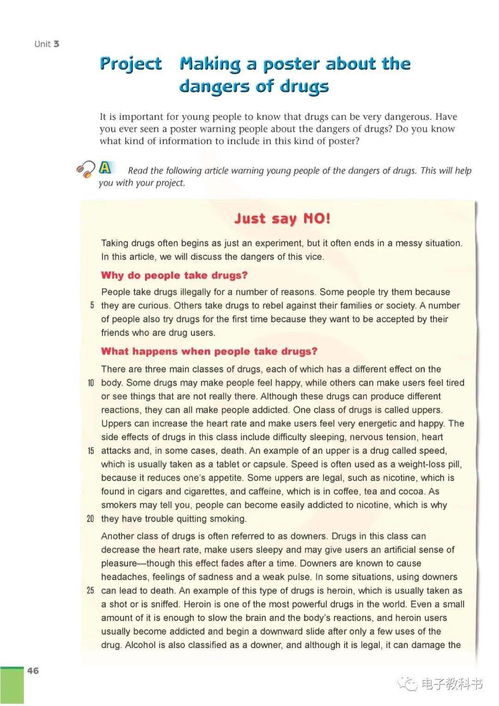Port documents often contain legal and regulatory information that must be translated with precision. Translators must familiarize themselves with relevant laws and regulations in both the source and target languages to ensure compliance and avoid misunderstandings.
In the globalized world of trade, efficient communication at ports is crucial for smooth operations and international cooperation. Translation plays a vital role in ensuring that documents, regulations, and communications are accurately understood across different languages. Below, we delve into strategies for efficient translation of port documents.
Accuracy and clarity are paramount in port document translation, as even minor errors can lead to significant consequences. Translators should prioritize fidelity to the source text while ensuring that the translated content is easily understandable to the target audience.
Collaborating with subject matter experts, such as port authorities or industry professionals, can provide valuable insights during the translation process. These experts can clarify ambiguities, verify technical accuracy, and ensure that translations align with industry standards.
Quality assurance checks are essential to identify and rectify any errors or inconsistencies in translated documents. This may involve proofreading by experienced linguists, as well as utilizing automated tools to detect spelling, grammar, and formatting issues.
Port documents often contain technical jargon and industryspecific terminology. Therefore, employing translators with expertise in maritime logistics and port operations is crucial. These specialized translators possess the necessary knowledge to accurately convey the nuances of portrelated documents.
Port documents may need to be adapted to suit the cultural norms and preferences of the target audience. Translators should be sensitive to cultural nuances and employ localization strategies to ensure that the translated content resonates with the intended recipients.
The field of port logistics is dynamic, with evolving technologies and regulations. Therefore, translators involved in port document translation should undergo continuous training to stay abreast of industry developments and refine their linguistic skills.
Efficient translation of port documents is indispensable for facilitating international trade and ensuring the seamless operation of ports worldwide. By employing specialized translators, leveraging technology, prioritizing accuracy, and collaborating with industry experts, port authorities can optimize their translation processes and enhance communication across language barriers. Investing in highquality translation services not only fosters efficiency but also contributes to the overall effectiveness and reputation of the port.
Translation memory tools store previously translated segments of text, allowing translators to reuse them in similar contexts. Implementing such tools can significantly enhance efficiency by reducing redundant translation work and ensuring consistency across documents.

Before diving into translation, it's essential to grasp the context of the port documents. This includes comprehending the specific terminologies, regulations, and procedures prevalent in the port industry. Without this understanding, translations may lack accuracy and coherence.
文章已关闭评论!
2025-04-05 05:06:27
2025-04-05 04:48:22
2025-04-05 04:30:15
2025-04-05 04:11:55
2025-04-05 03:53:53
2025-04-05 03:35:37
2025-04-05 03:17:25
2025-04-05 02:59:13